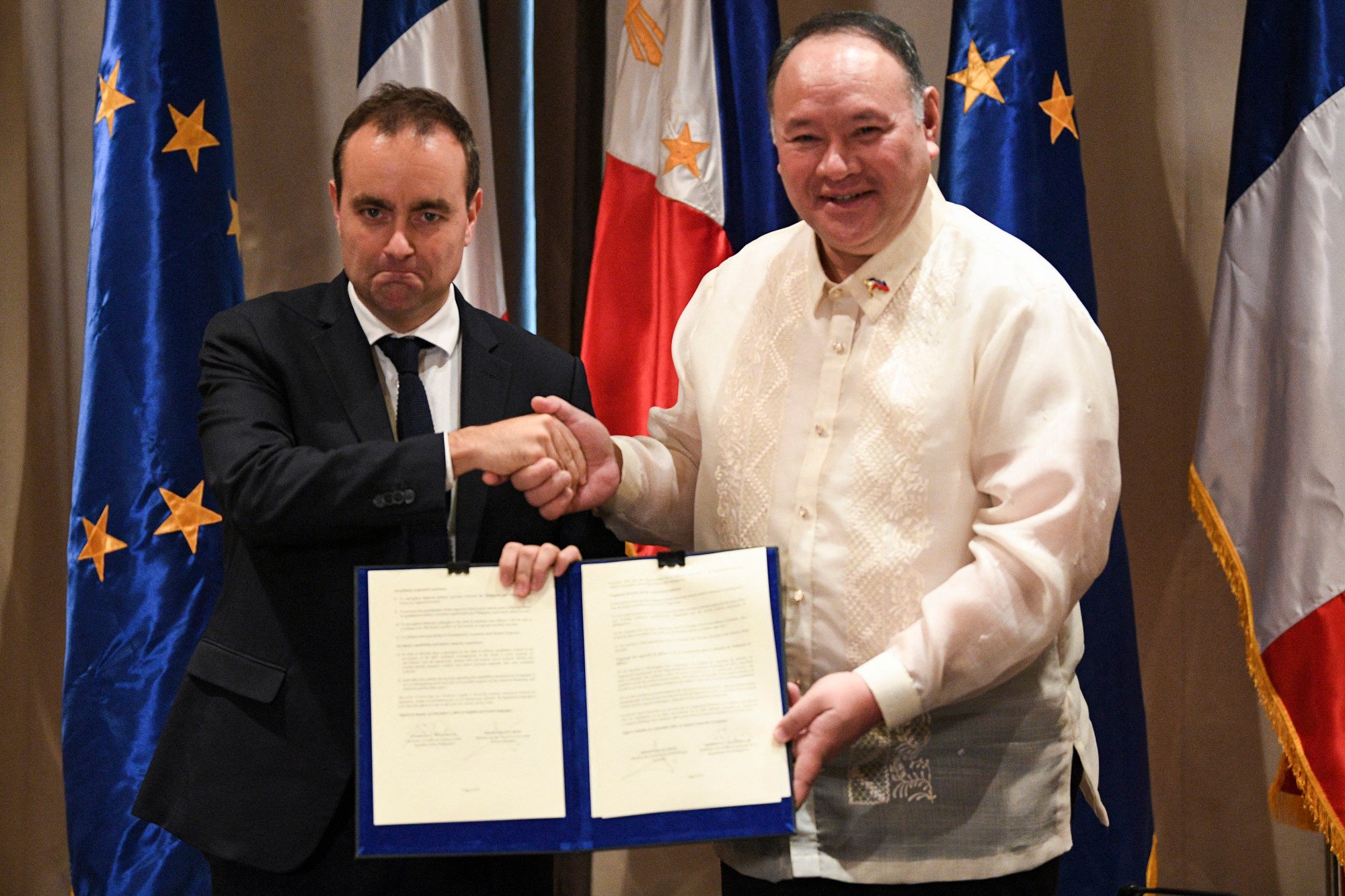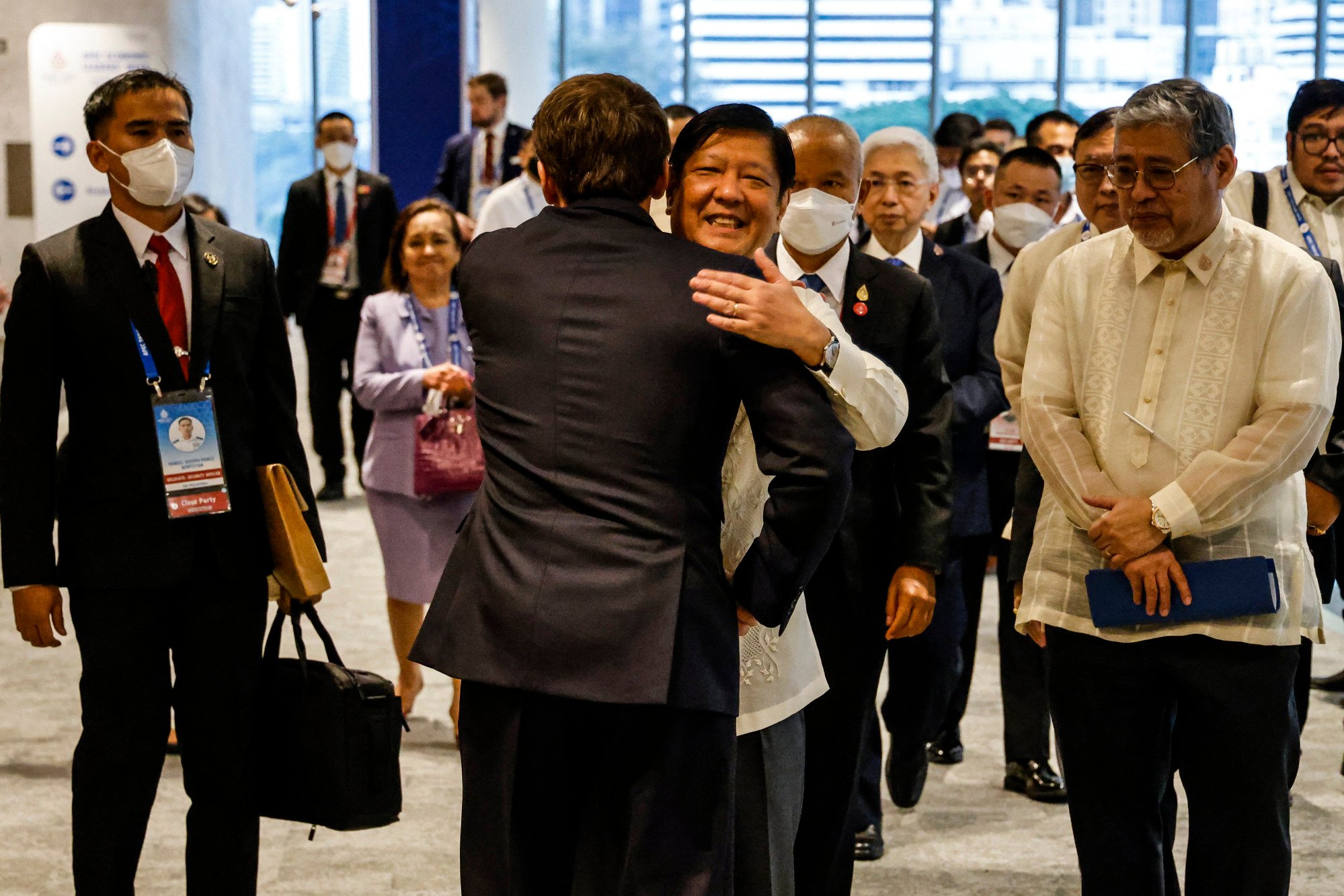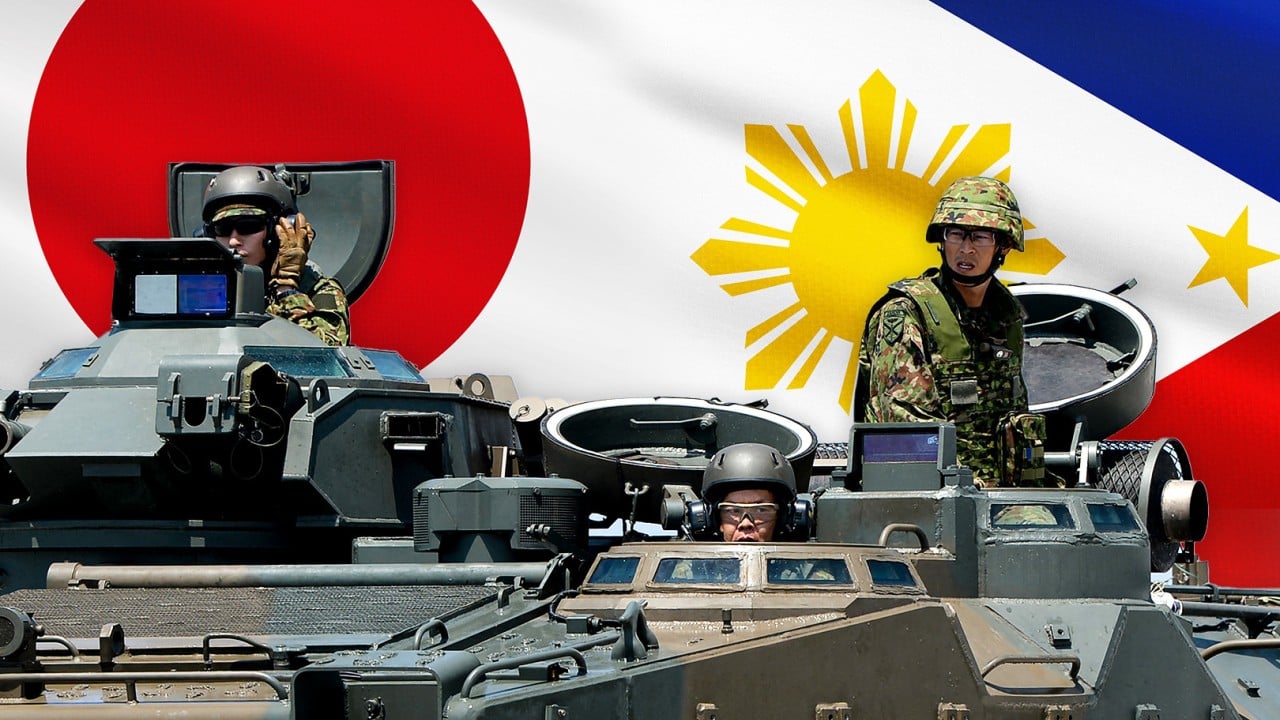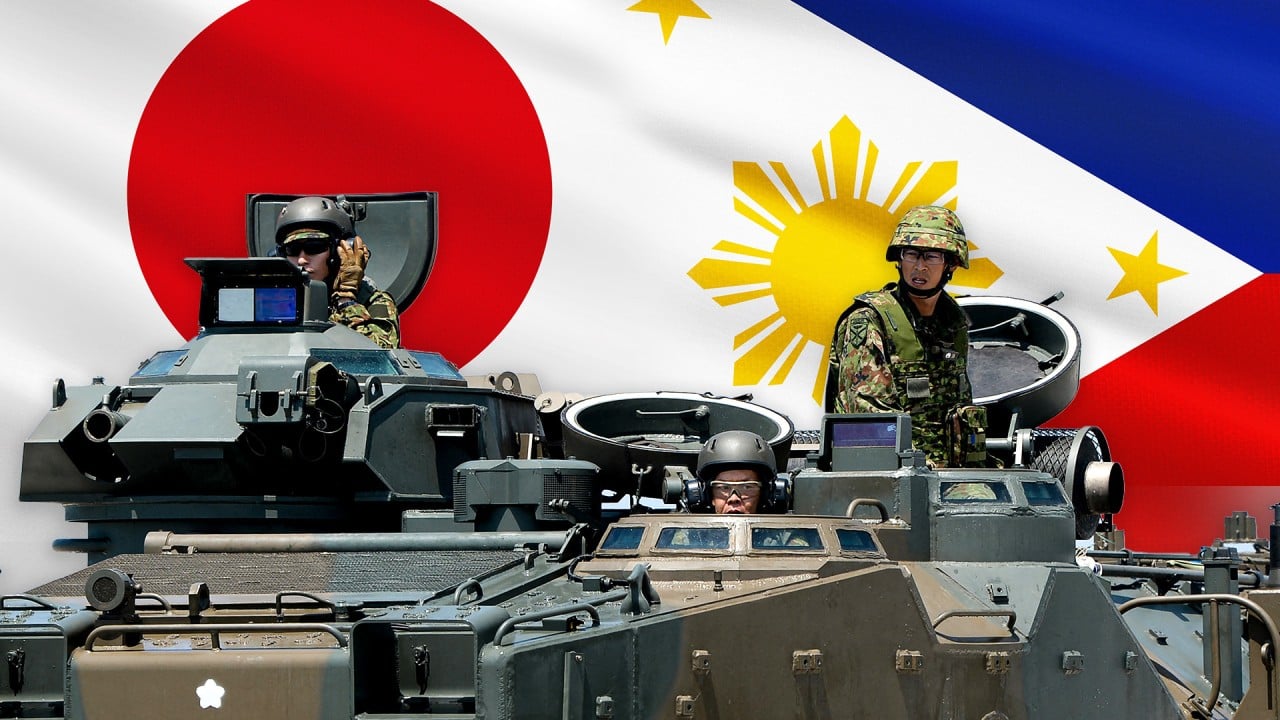For the first time, France has included the Philippines in its annual Indo-Pacific air force mission, a move analysts say underscores Paris’ commitment to the region’s security as well as strategic interests in its trade routes and defence markets.
The Philippines’ stopover under the Pegase 24 – a yearly French Air and Space Force mission to the Indo-Pacific to demonstrate air power projection – is the latest in a series of moves by Paris to build closer security ties with Manila since the two countries first began talks on enhancing military cooperation in December.
“Noticeably, in the past three years, Paris has expanded its defence cooperation with the Philippines. A deeper, more comprehensive agreement seems like a natural progression,” said Don McLain Gill, geopolitical analyst and lecturer at De La Salle University’s Department of International Studies.
As part of its annual Pegase mission, this year will see a contingent of French aircraft making a stopover at Clark Airbase, located 93km northwest of Manila. Clark was formerly operated by the US military until 1991.

Speaking at a conference last week on the eight anniversary of The Hague’s landmark ruling in favour of the Philippines in an arbitration over territorial rights in the South China Sea, Marie Fontanel, France’s ambassador to the Philippines, said the mission would demonstrate France’s commitment to upholding freedom of navigation as essential to keeping an open and inclusive Indo-Pacific region.
During its Philippine visit, the Pegase 24 mission will include two Rafale multi-role fighters, an A400M tactical lift aircraft, and an A330 aerial refuelling and military transport aircraft.
“During the stopover, bilateral activities are expected to help build the foundations of air-to-air cooperation between the two countries,” the Philippines’ Department of National Defence said in a statement on Monday, adding that it would be “a first in the history of Philippine-France defence relations”.
In June, France installed a resident defence attaché to the Philippines, just months after Defence Secretary Gilberto Teodoro Jnr and French Minister for the Armed Forces Sébastien Lecornu met and committed to strengthening bilateral defence ties.
In April, over 16,000 troops from France took part for the first time in the Balikatan exercises, the joint annual maritime drills between Philippine and US forces.
The Philippines has two separate visiting forces agreements with the United States and Australia. Last week, it signed a reciprocal access agreement (RAA) with Japan and has signed a memorandum of understanding with Canada on enhanced defence cooperation.

“France, together with the UK, is arguably the European nation bearing the greater strategic interests in the Indo-Pacific. It still holds territories in the region, and therefore, tensions arising here are a matter of national security for them,” Matteo Piasentini, geopolitical analyst and lecturer at the University of the Philippines’ political science department, told This Week in Asia.
A key consideration for France in expanding its presence in the Indo-Pacific region is to showcase its military hardware and boost its defence exports.
“We shouldn’t forget that states like France also bear ‘commercial’ interests in their military engagement: It is no secret that France is eyeing a submarine deal with Manila and other lucrative military sales,” Piasentini added.
Sherwin Ona, a visiting fellow at the Institute for National Defence and Security Research in Taiwan, said the Scorpene class submarines offered by the French were a highly attractive offer compared with other bidders such as South Korea.
“What makes the French offer more attractive is that they are offering an industrial base support. Aside from supplying the submarine, they would help the Philippines build the basing requirements and the logistical requirements for operating the submarines,” he said.
Joshua Espeña, vice-president of the International Development and Security Cooperation, said partnering with countries such as the Philippines has allowed the French regional access.
“We must well remember that it was able to forge good relations with New Delhi in the Indian Ocean region. While other Southeast Asian countries are reluctant to get such an offer, Manila is open to this to maximise whatever help it can get.”
Espeña noted that Paris is looking to strengthen its global supply chain amid instability in the EU brought on by Brexit and the Ukraine war.
“By building a picture of its own, it can diversify Paris’ options on the table to muddle through in an uncertain era,” he said.
The Philippines could also benefit from closer cooperation with France in areas beyond defence, including attracting more investments from French companies to boost its economy, analysts say.
“In essence, by forming a bundle of RAAs with other ‘like-minded’ countries, the Philippines aims at enlarging participation in the Balikatan and other military drills, enhancing mutual learning and training, sharing tactics, and the like: it is aimed at getting the best from the expertise of multiple militaries, and effectively increasing their external defence capabilities,” Piasentini said.



